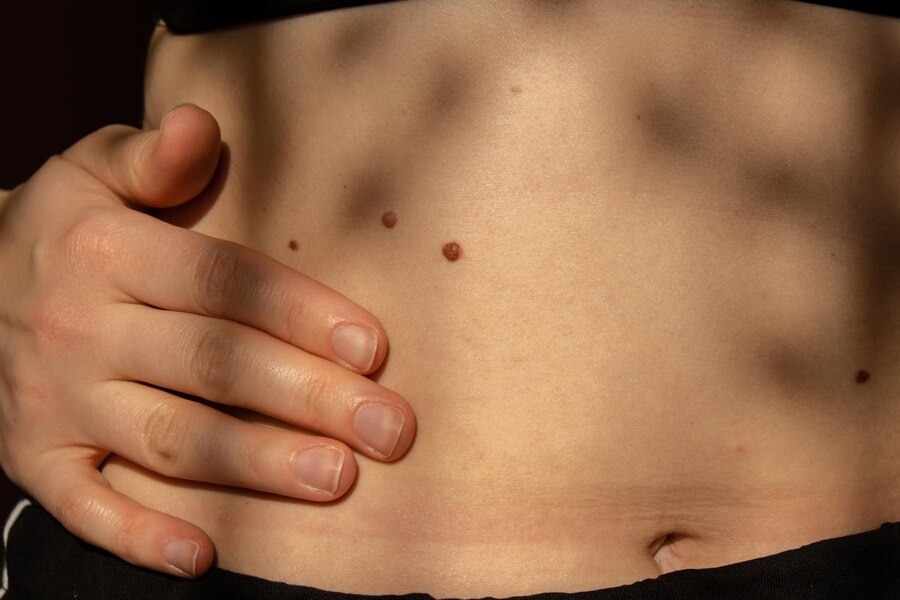Melanoma is a serious form of skin cancer that begins in melanocytes, the cells responsible for producing melanin, which gives skin its color. Understanding melanoma and knowing how to protect yourself is essential to reducing your risks and improving your health.
Many people underestimate the impact of specific health issues, especially when it comes to preventative measures. Protecting your skin is essential to maintaining overall health and preventing a variety of skin-related problems. Effective skin protection helps protect against harmful UV radiation, which can lead to sunburn, premature aging, and even skin cancer. Prioritizing skin protection is a crucial step in ensuring long-term wellness and enjoying a vibrant, youthful appearance.
Among these concerns, melanoma (a type of skin cancer) poses a significant threat, but it often goes unnoticed. Many people are unaware of the risks and signs associated with this serious condition, leading to late diagnoses and more serious health consequences. Understanding melanoma and knowing how to protect yourself is critical to reducing risks and improving health outcomes.
What is melanoma?
Melanoma is a type of skin cancer that originates in the cells that give skin its color. It is less common than other types of skin cancer, but poses a higher risk due to its potential to spread if not detected early. Melanoma affects people of all genders and ages, although certain factors can increase susceptibility. Here’s why it’s a cause for concern:
- Many people spend a lot of time outdoors and may forget to use sunscreen.
- Regular skin checks are often overlooked, leading to late diagnosis.
- Exposure to UV rays, whether from the sun or tanning beds, increases the risk of melanoma.
- Some people’s skin, depending on its thickness and levels of collagen and elastin, may be more prone to sun damage.
- Research indicates that these factors may make the skin more vulnerable to damage from the sun’s ultraviolet (UV) rays.
Common signs
It is crucial to identify the signs of melanoma early. Dr Abhishek Charan, Medical Oncologist at HCG Cancer Centre Jaipur, shared the common symptoms to look out for:
- Changes in the size, shape or color of existing moles.
- Irregular, jagged, or blurred borders on moles.
- Moles that have multiple colors or an uneven distribution of color.
- Moles larger than approximately 6 mm should be evaluated by a doctor.
- Any change in a mole, such as size, shape, color, or other characteristics.
If you notice any of these signs or notice anything unusual, it’s important to schedule an appointment with a dermatologist right away. Early detection is key to successful treatment.
Can it be prevented?
- Taking steps to prevent melanoma is essential, even if not all risk factors can be controlled.
- Be sure to apply sunscreen with SPF 30 or higher daily, regardless of weather conditions.
- Wearing protective clothing, such as long sleeves, wide-brimmed hats, and sunglasses, can effectively protect your skin from harmful UV rays, especially between 10 a.m. and 4 p.m., when sun exposure is most intense.
- Avoiding tanning beds is essential as they emit UV radiation that significantly increases the risk of melanoma.
- Regularly examining your skin every month and scheduling annual checkups with a dermatologist can help detect any changes or abnormalities early, improving the chances of successful treatment.
Incorporate these practices into your routine to actively reduce your risk of melanoma and maintain healthy skin for years to come. Understanding melanoma and taking proactive steps can make a significant difference in protecting your skin and overall health. By staying alert and adopting sun-safe habits, you can enjoy outdoor activities and reduce your risk of skin cancer. Make healthy skin a habit! Stay informed and take control of your skin care routine.
